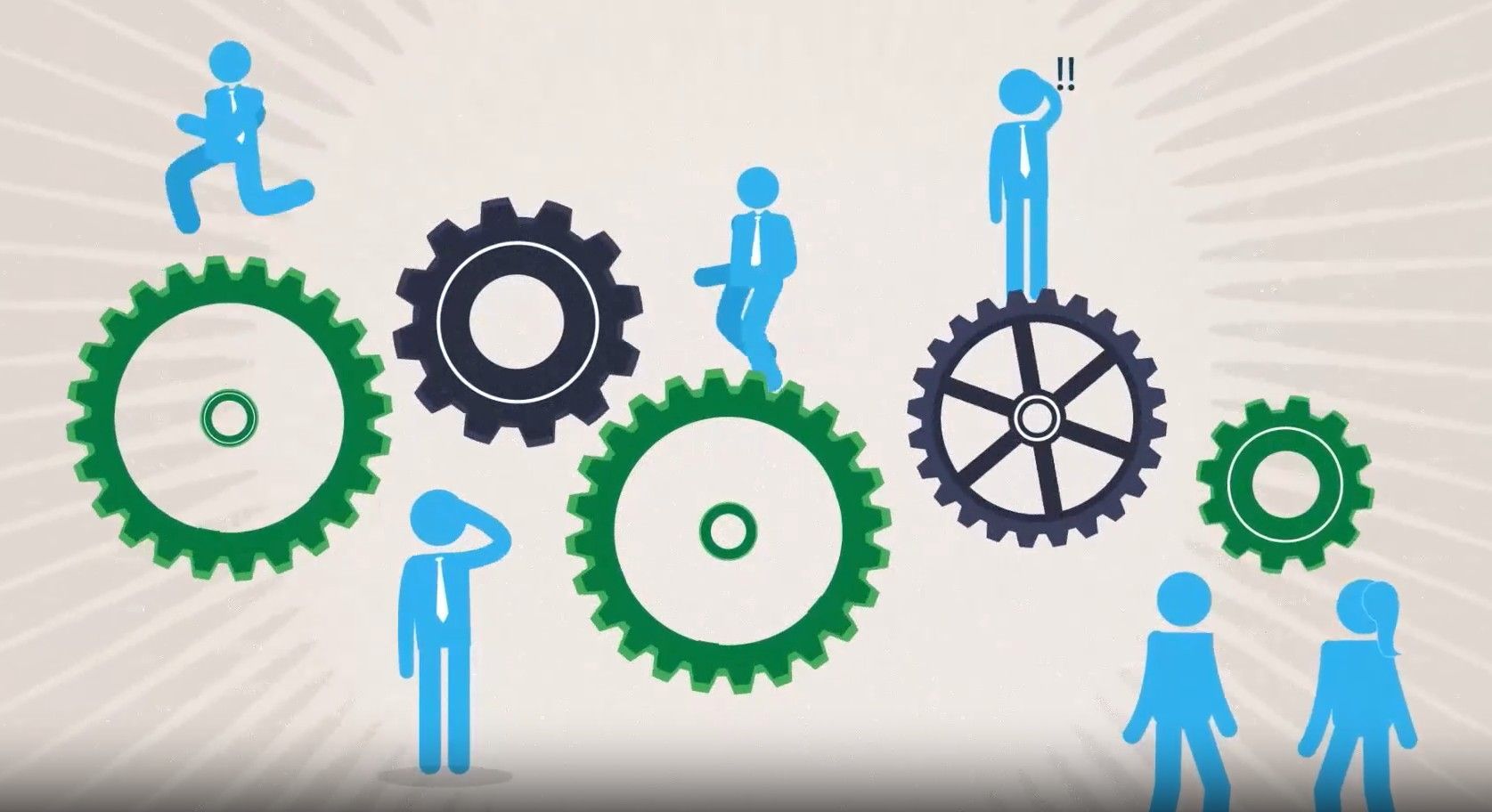Why ‘showing up’ makes a difference
August 14, 2025
Sometimes I find myself with a lump in my throat over a story I occasionally tell in our consultative selling course, FOCIS®, about a vintage United Airlines TV commercial.
The commercial shows the boss, apparently an owner or CEO, talking to a room full of executives. He’s telling them about a phone call he received from a customer they all know to be rock solid, practically part of the family.
As he walks deliberately around the room handing out envelopes, the boss quietly explains that this “old friend” has just cancelled an important, long-running contract. In the envelopes are airline tickets. The goal: Put the executives back in touch with their customers face to face. The meeting ends and one executive asks the boss where he’s going. “To see that old friend,” he replies.
Woody Allen once said that “80 percent of success is showing up.” Experienced sales professionals, like me and many of you reading this column, know the heart and soul of business-to-business selling, especially, is just that: Being there to show you care. A lesson the TV boss and his company learned the hard way. It took a punch-in-the-gut phone call before they got this powerful, human message from the marketplace. They never saw it coming.
But they should have, right? And I think that’s why the commercial strikes such a chord with me. As a salesperson, the importance of “showing up” is that much a part of me. In addition to “Fly United,” the commercial is telling us that business is nothing if not personal and you ignore that fundamental truth at your peril. When the ad aired in the 1980s fax technology was booming. The commercial resonated with many businesspeople excited about the possibilities of technology but concerned about its pitfalls. The message may be even more powerful today when time constraints prevent us from meeting with all the people we would like to, and conversation through technology is even more prevalent.
Yet just showing up doesn’t get the sale, does it? It can open opportunities, however, that calls, e-mails, Tweets, Facebook, LinkedIn, and, yes, faxes do not.
Being on the spot can:
Head Off Requests for Proposals: One of our clients meets with prospects already under long-term contracts with its competition, not just when the contract is coming up for bid but early in the contract’s life. The value our client delivers during those meetings-always face to face-has led some prospects to waive their common practice of sending out RFPs. Using this approach, our client has signed deals amounting to billions of dollars (yes, billion with a “b”) because the firm was able to create superior value and communicate it in part by showing up. Prospects ultimately see our client as a strategic partner and don’t see a need to waste time issuing RFPs.
Give You an Information Edge: One time I was meeting with a buyer of a major U.S. manufacturing company who was a prospect of one of our clients. The buyer received a phone call from a current source asking a typical post-proposal question, “How do we look?” in connection with a project for which my client was also competing. The competition, in effect, was asking “How does our price stack up?”
Unfortunately for our competitor, the challenge had changed dramatically from the original RFP and now went way beyond price, a key fact our mutual prospect wasn’t about to go into over the phone. A serious design problem threatened a do-or-die Christmas deadline for a major big-box retailer. Since we were on the spot, we had been briefed on the design problem, even though my client was not a current supplier. We had a major information advantage, including the ability to ask questions face-to-face, and my client offered a highly creative solution.
What I found fascinating was that the buyer brushed off the competition’s price question by claiming he had not “made up the spread sheet.” The truth was that creating a spreadsheet would have been easy. But the buyer chose not to reveal information he had already revealed to us. Why? He certainly wanted to maintain confidentiality, which he could not ensure if he revealed the problem over the phone. Plus, the buyer felt he could trust us, in part because we had made the effort to be there. What a lesson in favor of showing up!
Give You an Inside Track, If You Show Up Early. Experienced sales people know never to be late but also to show up early. Only good things can happen. Probably most the most productive is that you have time to get quiet, take a deep breath (don’t forget to release it!), and focus on the purpose of your call. You can even visualize at least the first few minutes of your call.
In addition, you might get extra time with a prospect, which I firmly believe was why I made the most important sale of my life. When I was applying to colleges, I showed up 30 minutes early for a group tour at the university I ultimately attended. Nobody else was there. As the dean of admissions walked by me on his way to his office, his secretary told him I was a high school student waiting for a tour. “Send him in,” the dean said. The 30 minutes I spent one on one with the dean that day was probably the reason I was admitted.
Have you already developed the critical habit of meeting prospects and customers face-to-face-“showing up”? If so, and you’re not getting the results you want, give us a call to talk about it. We can help.
And you can read next month’s column, which will answer the question, “What do you do after you say hello?”
The post Why ‘showing up’ makes a difference appeared first on Productive Strategies, Inc..










